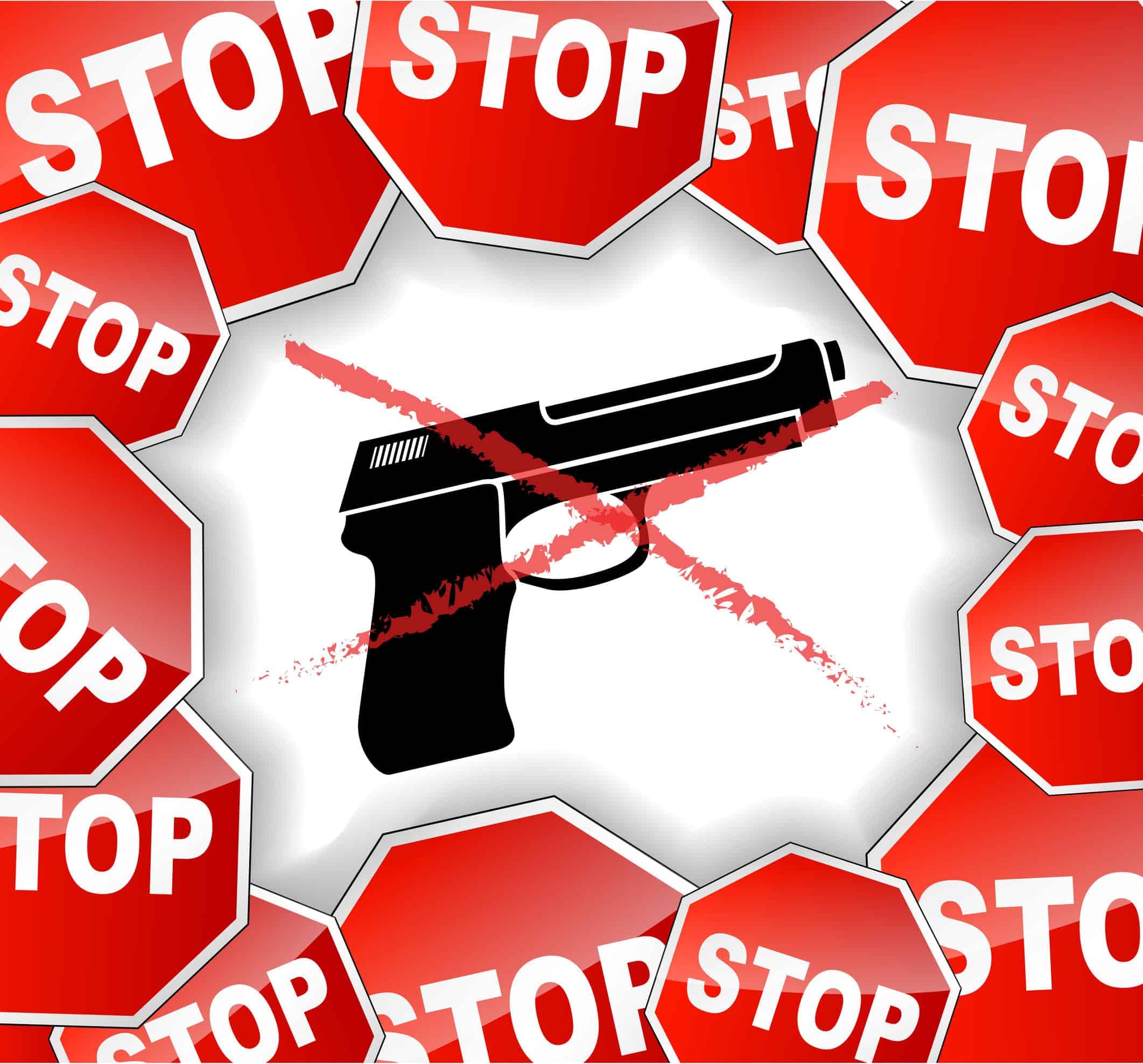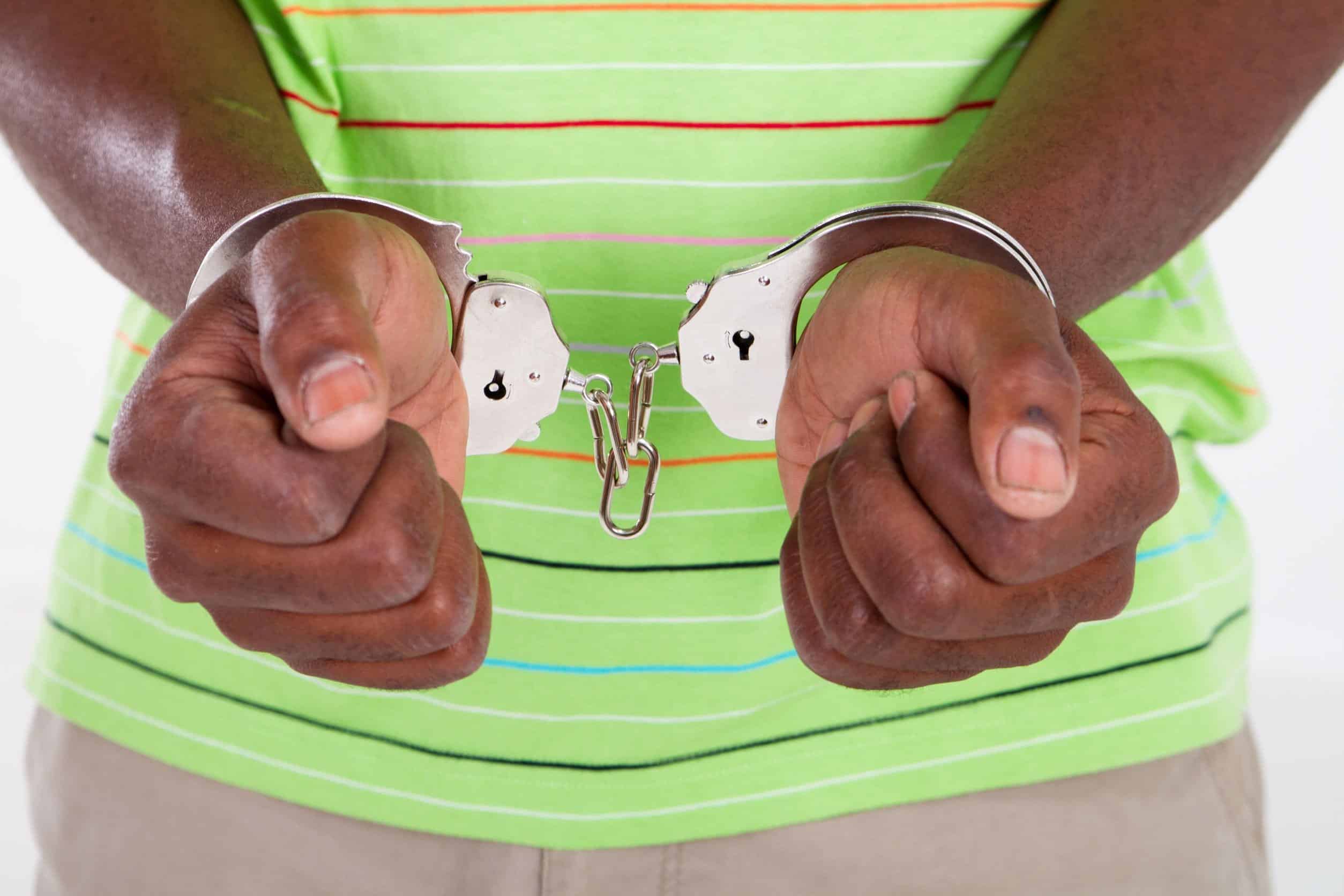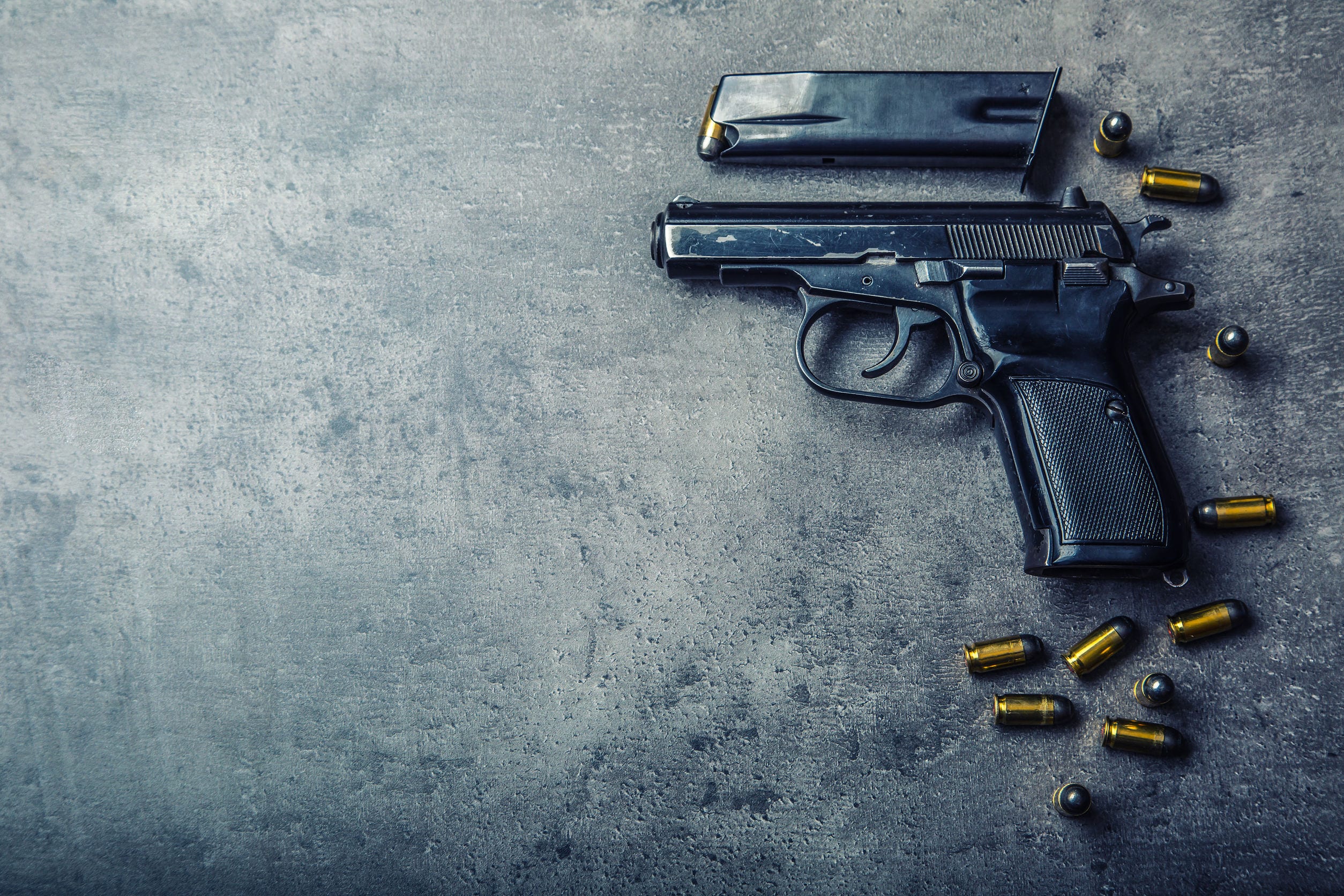- Home
- THE FIRM+
- Criminal Defense+
- CASE RESULTS
- AREAS WE SERVE+
- FAQ’s
- Blog
- Contact
AZHARI LLC BLOG
Sep. 6 2018
Why Chicago Is Desperate to Crack Down on Guns

Posted By: Sami Azhari
Category:
Chicago is constantly put in the spotlight when the issue of gun control comes up in politics and media. Our city is unfortunately notorious for gun violence, and this past August continued to support that reputation.
During the first weekend of August, 71 people were injured or killed in gun violence throughout the city. Two weekends later, 58 people were injured in just three days.
When a representative for the Chicago Police Department addressed the numbers on August 21, he said, “It’s the same people who are pulling the triggers in some of these communities – this isn’t a widespread issue among Chicagoans – it’s the same people.” He also mentioned that 29 arrests had been made on gun-related charges in less than five days.
Gun-related and other weapons charges are nothing to sneeze at in Illinois. While Chicago law enforcement try to get guns off the street and clean up the city’s reputation, you may find yourself charged.
Know what charges you are up against, and what you can do to defend yourself during this current crackdown on guns.
When It’s Legal to Own a Gun in Chicago
In order to legally purchase a firearm, you have to hold an identification card issued by the state of Illinois. The state will give you this card provided that you:
- Are over the age of 18
- Are over the age of 21 (if you have a misdemeanor on your criminal record)
- Are not addicted to narcotics
- Have not been admitted into a mental health facility in the past five years
- Do not have an intellectual disability
- Are not confined in a penal institution
- Do not have any felony convictions on your record
Once you have been given an identification card, you may purchase firearms, including handguns and pistols. However, Illinois bans the following guns from being purchased in the state:
- Machine guns
- Stun guns
- Rifles and shotguns modified to be under 26 inches
When It’s Not Legal to Own a Gun in Chicago
Illinois takes unlawful firearm purchases and ownership very seriously. If you are caught with a firearm that you are not allowed to have, you may find yourself facing years behind bars.
Unlawful Possession of a Firearm Charges in Illinois
If you are caught with a firearm, and you are not legally allowed to own said firearm, you could face a range of charges. Even if prosecutors cannot prove that you obtained the firearm illegally, the act of unlawfully possessing a firearm could result in class A misdemeanor charges. If convicted, you could face up to a year in prison and $2,500 in fines.
The charges are increased if the firearm in question is a handgun. Unlawful possession of a handgun is a class 4 felony. If convicted, you could face a minimum of a year behind bars and lose the right to own firearms in the future.
Additional charges may apply if prosecutors can prove that you unlawfully purchased the firearm through falsification of documents or theft. If the firearm was confiscated in specific places or in specific buildings, further charges may be added.
Unlawful Purchase of a Firearm Charges in Illinois
If you falsify information to unlawfully purchase a single firearm, you could face class 2 felony charges, which includes up to seven years in prison and fines of up to $25,000. Due to the severity of the crime, Illinois law also gives judges the options of fining offenders an additional $250,000. Charges are increased if you attempt to purchase multiple firearms within a year or two-year period.
If you are caught possessing a firearm that was stolen, you may also face class 2 felony charges. Additional class 2 felony charges may be added if the stolen firearm was used in the commission of a crime.
Additional Gun-Related Charges in Illinois
Illegal sale or delivery of firearms charges start at a class 4 felony. Aggravating factors, including the sale of firearms on the premises of a school or related institution, can increase the charges and add on more jail time. These related institutions include:
- Public parks
- Courthouses
- Public transportation facilities
- Residential properties owned, operated, or managed by a public housing agency
There are Ways to Defend against Gun-Related Charges
There are many aggravating factors and charges issued for gun-related crimes in Illinois. If you are charged, you could reduce your sentence by knocking a few of these charges off of your sentence.
While the Chicago Police Department are cracking down on guns, double down on your efforts to defend yourself and stay out of prison. A lawyer can provide more information on the defenses available to help you avoid a conviction.
About the Author
Sami Azhari has been working as a lawyer since 2007, after receiving his Juris Doctor from the Michigan State University College of Law. He has handled numerous state and federal cases, and is known throughout the Chicago and Rolling Meadows area for providing his clients with high-quality, skilled representation. He has been recognized by SuperLawyers, the National Trial Lawyers Association, and other notable organizations, and has spoken at a number of legal conferences.



























































